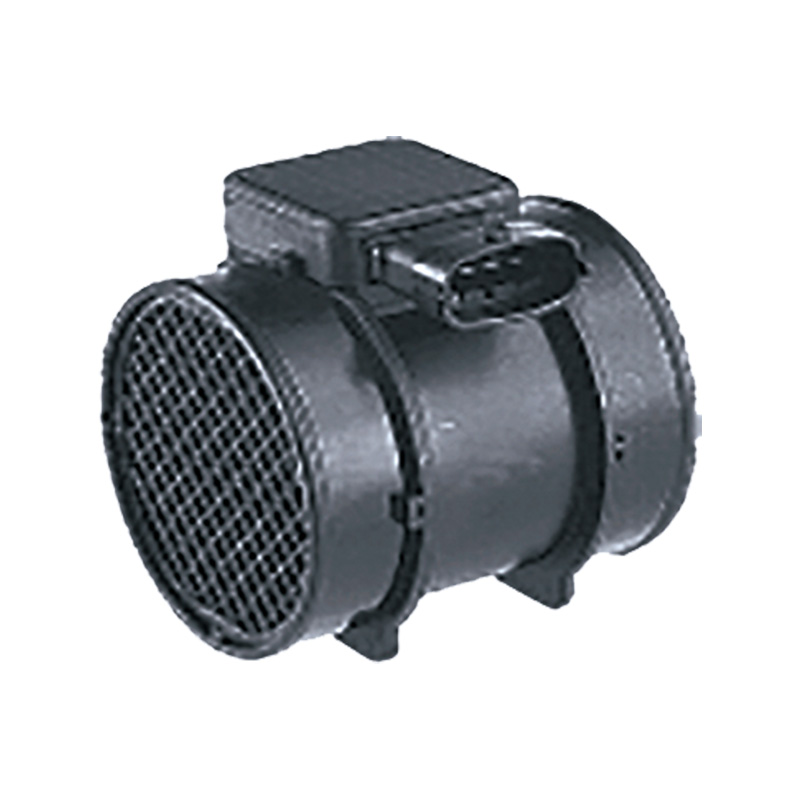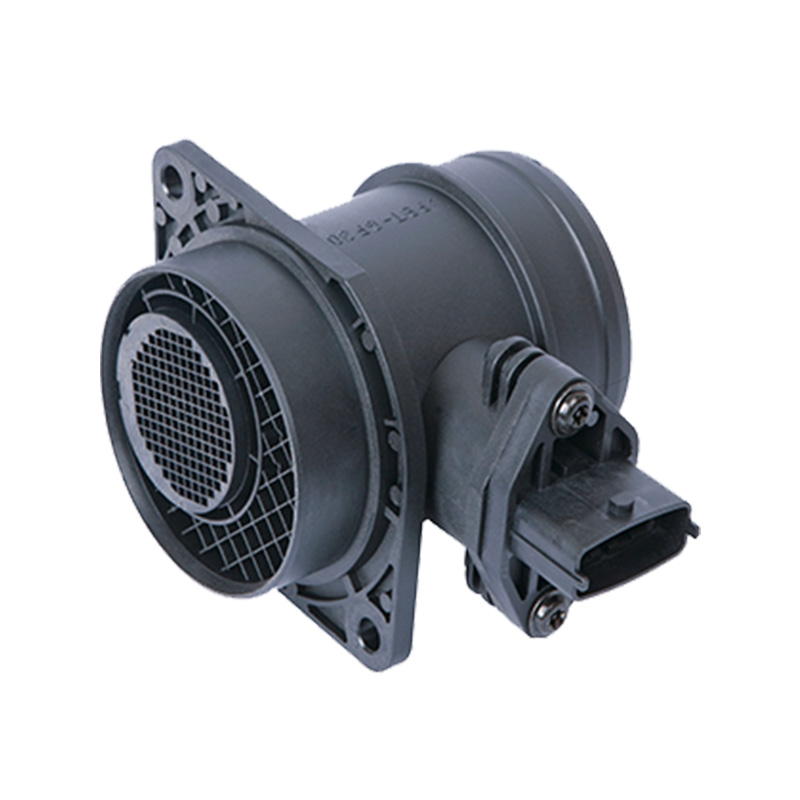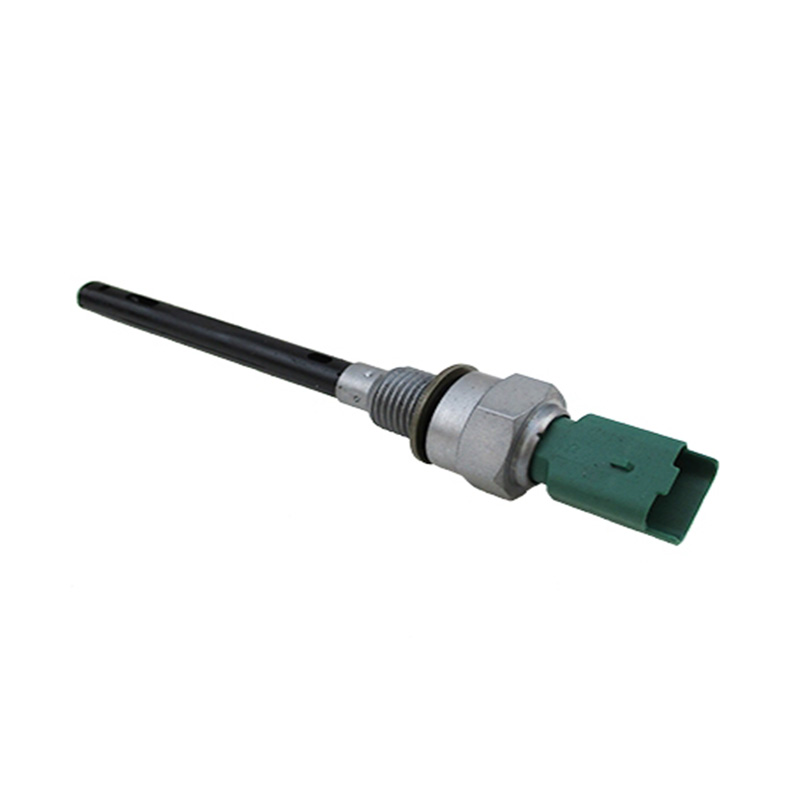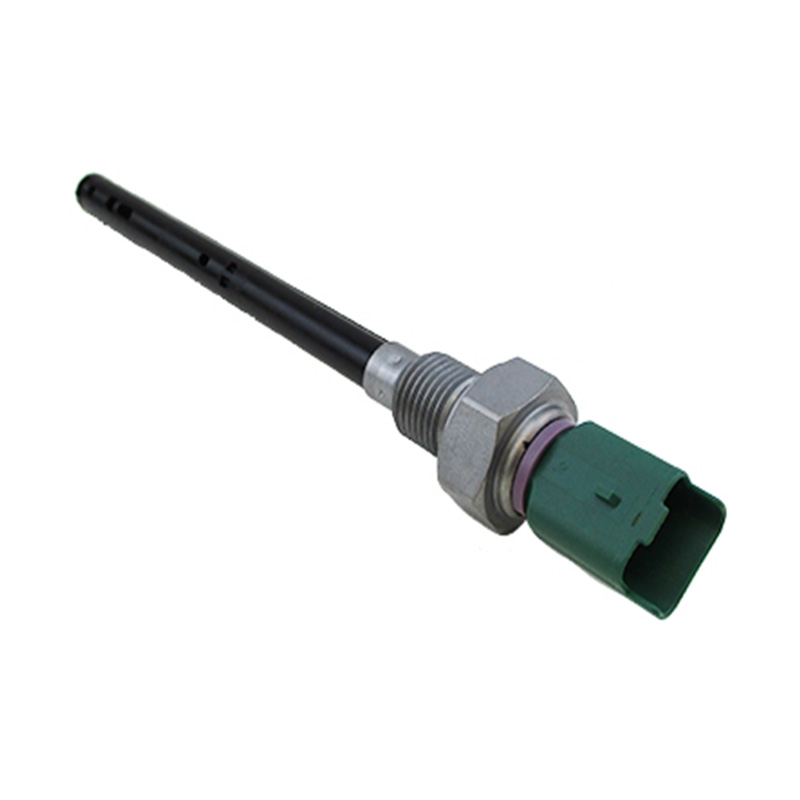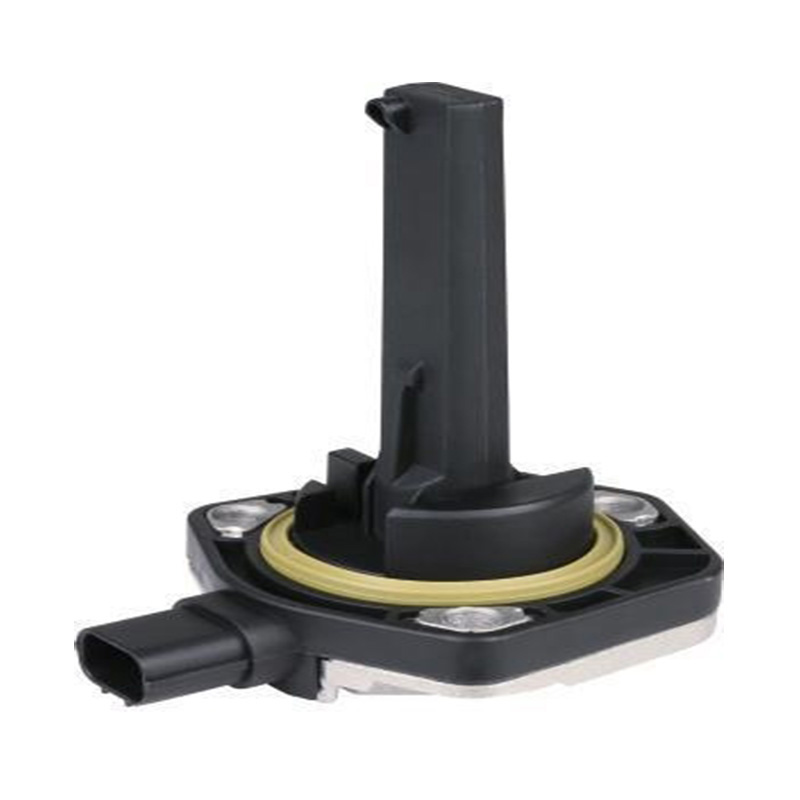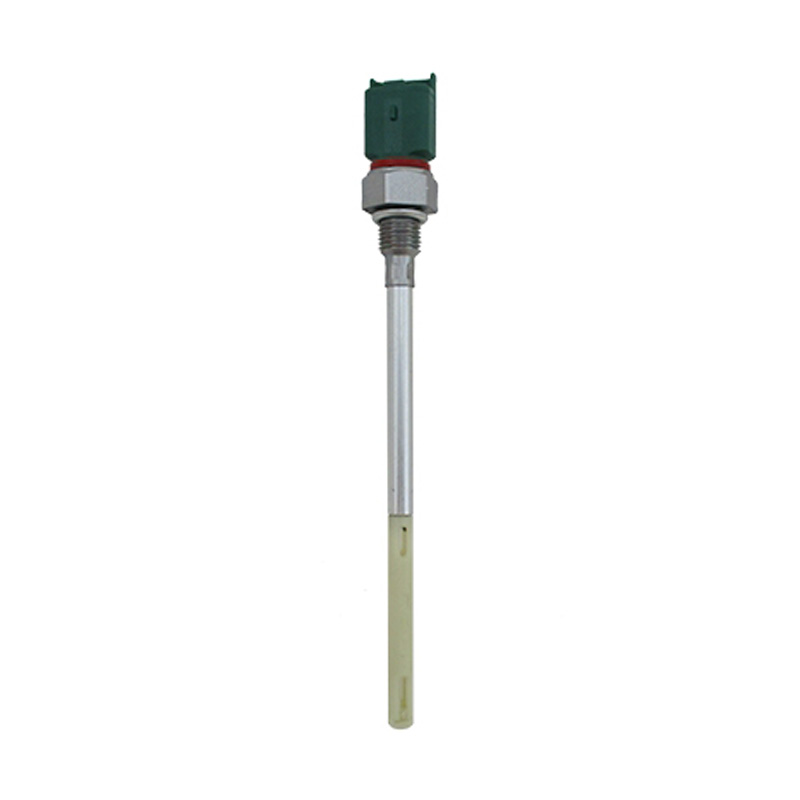OEM.NO: 5WK9641 5WK9641Z
See DetailsThe Importance of Regular Mass Air Flow Meter Checks for Long-Term Engine Health
In the world of automotive maintenance, there are many components that require attention to ensure a vehicle continues to run smoothly. One device that plays a key role in overall engine performance is the Mass Air Flow Meter. This component measures the amount of air entering the engine, helping the engine control unit (ECU) adjust the fuel injection accordingly. Without accurate readings from the Mass Air Flow Meter, engine performance and fuel efficiency can suffer over time.
The Mass Air Flow Meter is positioned between the air filter and the intake manifold. Its main function is to detect the volume and density of air flowing into the engine. This information is critical for maintaining the correct air-fuel mixture, which influences how well the engine burns fuel. If the Air Flow Meter provides inaccurate readings, it can result in a mixture that is either too rich or too lean, both of which can cause problems.
One of the reasons why regular checks of the Mass Air Flow Meter are important is the gradual buildup of dirt, dust, and oil residue on the sensor. Even a small amount of contamination can affect the accuracy of the readings. When the Air Flow Meter fails to measure air intake correctly, it may result in symptoms like rough idling, difficulty starting, and reduced acceleration. Regular inspections help identify these issues early and prevent them from developing into more serious problems.
A poorly functioning Mass Air Flow Meter can also result in increased fuel consumption. When the ECU receives incorrect information, it might inject more fuel than necessary, causing the vehicle to burn extra fuel. This not only affects a driver’s budget but also increases emissions, contributing to environmental concerns. By keeping the Air Flow Meter clean and properly calibrated, drivers can help maintain fuel efficiency and reduce their vehicle’s carbon footprint.
Another issue linked to a faulty Mass Air Flow Meter is poor engine response. Drivers may notice hesitation when pressing the accelerator or a general lack of power while driving. These performance issues can be frustrating and may affect the safety of the vehicle in certain situations, such as merging onto highways or overtaking other cars. Regular checks of the Air Flow Meter can help maintain reliable engine performance and ensure that the vehicle responds smoothly to driver inputs.
In some cases, a malfunctioning Mass Air Flow Meter may trigger the vehicle’s check engine light. Modern vehicles are equipped with onboard diagnostics systems that monitor the function of various engine components. When a problem is detected with the air-fuel mixture, the system alerts the driver through a warning light. Although this warning can indicate several issues, a dirty or failing Mass Air Flow Meter is a common cause. Regular inspection can help avoid unexpected warning lights and the stress of unplanned repairs.
It’s also worth noting that the Mass Air Flow Meter plays a role in extending the life of other engine components. When air-fuel mixtures remain within the appropriate range, the engine operates under ideal conditions, reducing the risk of damage to spark plugs, catalytic converters, and exhaust systems. A poorly maintained Air Flow Meter can indirectly cause wear and tear on these parts, resulting in more frequent repairs and higher long-term maintenance costs.
Regular checks of the Mass Air Flow Meter are relatively simple and can often be performed during routine vehicle servicing. Technicians may use specialized cleaning sprays to remove dirt and contaminants without damaging the sensor. In some cases, if the sensor is damaged or shows signs of wear, replacement might be recommended to restore proper engine function. Keeping a regular inspection schedule ensures that small problems with the Air Flow Meter are addressed before they escalate.
For vehicle owners who frequently drive in dusty or polluted environments, paying extra attention to the Mass Air Flow Meter is particularly important. Exposure to airborne debris can accelerate the buildup of contaminants on the sensor, making it necessary to check and clean the Air Flow Meter more often than in typical driving conditions. This preventive maintenance step helps maintain consistent engine performance regardless of the driving environment.
